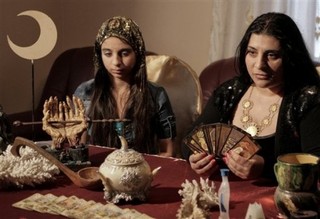A new labor law in Romania has expanded the ranks of the self-employed; along with car valets and astrologers, witches will now be required to pay a 16 percent income tax. Is this persecution by another name, or a step toward legitimization for a long-maligned occupation? Believing the former, one group of witches responded to the news by throwing mandrake into the Danube and concocting protest in the form of a cat-poop-and-dead-dog potion. But another self-identified witch reacted with enthusiasm: “Our magic skills, which are recognized and accepted worldwide, are now authorized in Romania, too.”
But, to start, how did witchcraft—subject throughout continental Europe to persecution and prosecution from roughly 1400 to 1800—become business as (not-so) usual in Romania in the first place? The answer might have something to do with the level of superstition that persists even in modern-day Romania. In 2009, following the presidential elections, the leader of the Social Democrats—a man who had previously served as the ambassador to Washington and was expected to make a strong showing at the polls—blamed his surprising demise on an occult attack. In 2010, after the release of a nationwide study, the English-language Romanian newspaper Nine O’clock wrote that fortune-telling and evil-eye precautions play a large role in many Romanians’ lives, and that three-quarters of the population “believes” in horoscopes. And lawmakers reportedly backed down from a similar act to tax witches last September out of fears that they would be cursed.
Read Full Article »



